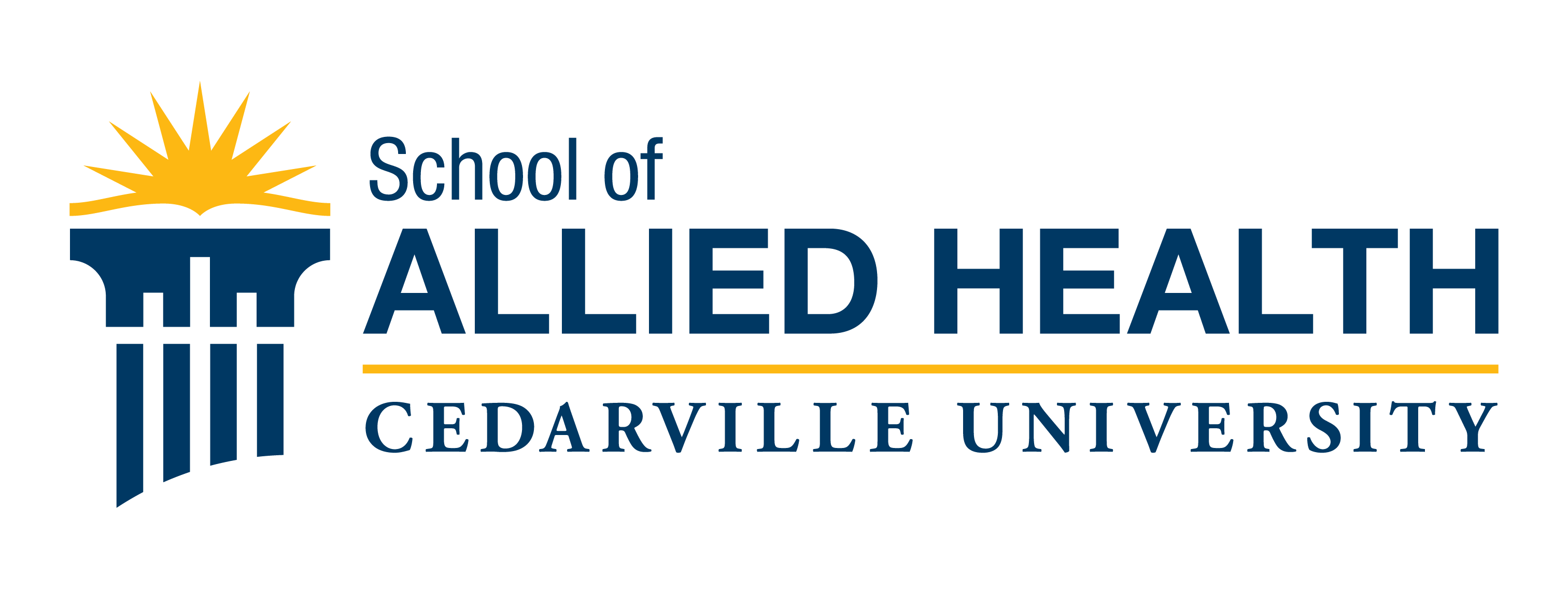
Allied Health Faculty Publications
Near-peer and Peer Educational Strategies Successfully Implemented in Medical Education: A Scoping Review
Document Type
Capstone Project
Publication Date
2023
Journal Title
Lynchburg Journal of Medical Science
Volume
5
Issue
2
Abstract
Background: Physician Assistant (PA) educators must select evidence-based teaching interventions to ensure vast amounts of learning objectives are met within the span of the associated PA program. Near-peer and peer teaching strategies are evidence-based interventions utilized throughout healthcare education and not yet implemented broadly within PA education.
Objectives: This scoping review of the literature describes near-peer and peer teaching strategies which have been successfully implemented in medical education, summarizes the benefits of near-peer and peer teaching strategies, and recommends practical considerations in the implementation of near-peer instructional strategies in PA education.
Design: Peer-reviewed databases and journals were searched to identify publications from 2018-2023. Sixty-one articles were selected, based on inclusion criteria. Relevant, original research was included in this scoping review.
Results: Most of the studies occurred in the setting of physician training programs. Six of the studies evaluated near-peer and peer teacher training programs, while fifty-five studies primarily researched effects of the near-peer and peer teaching interventions on the student learner. Eight near-peer and peer pedagogical interventions were identified from the research, and four major themes emerged from the sixty-one studies. The findings supported the idea that medical education is enhanced by near-peer and peer teaching strategies, especially with organizational support and provision of student-teacher resources. In a goal-directed and supportive setting, the near-peer or peer teacher can be as effective as faculty teachers and increase student confidence.
Conclusion: Near-peer and peer educational strategies have the abundant potential for use in the setting of PA education. Implementation science elements can be employed to guide intervention selection for individual programs. Further research should be conducted on near-peer and peer educational strategies in PA education to understand the benefits or challenges of utilization within this educational setting.
Keywords
Physical Assistant, education, educational strategies
Recommended Citation
Fox, Megan A., "Near-peer and Peer Educational Strategies Successfully Implemented in Medical Education: A Scoping Review" (2023). Allied Health Faculty Publications. 96.
https://digitalcommons.cedarville.edu/kinesiology_and_allied_health_publications/96

